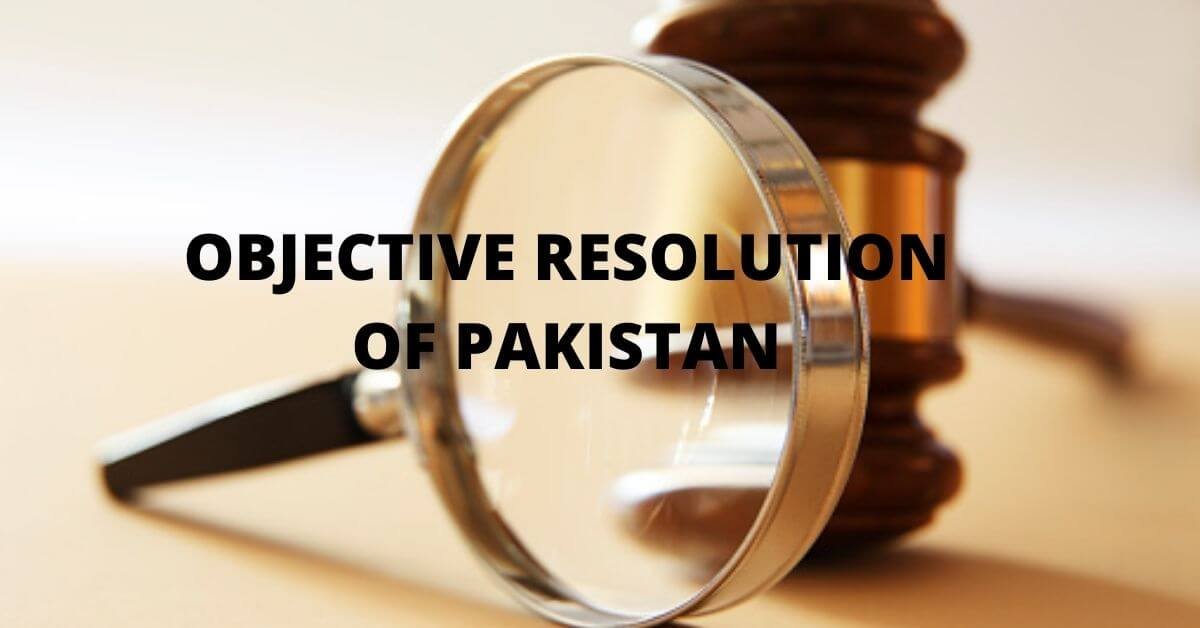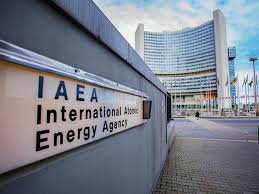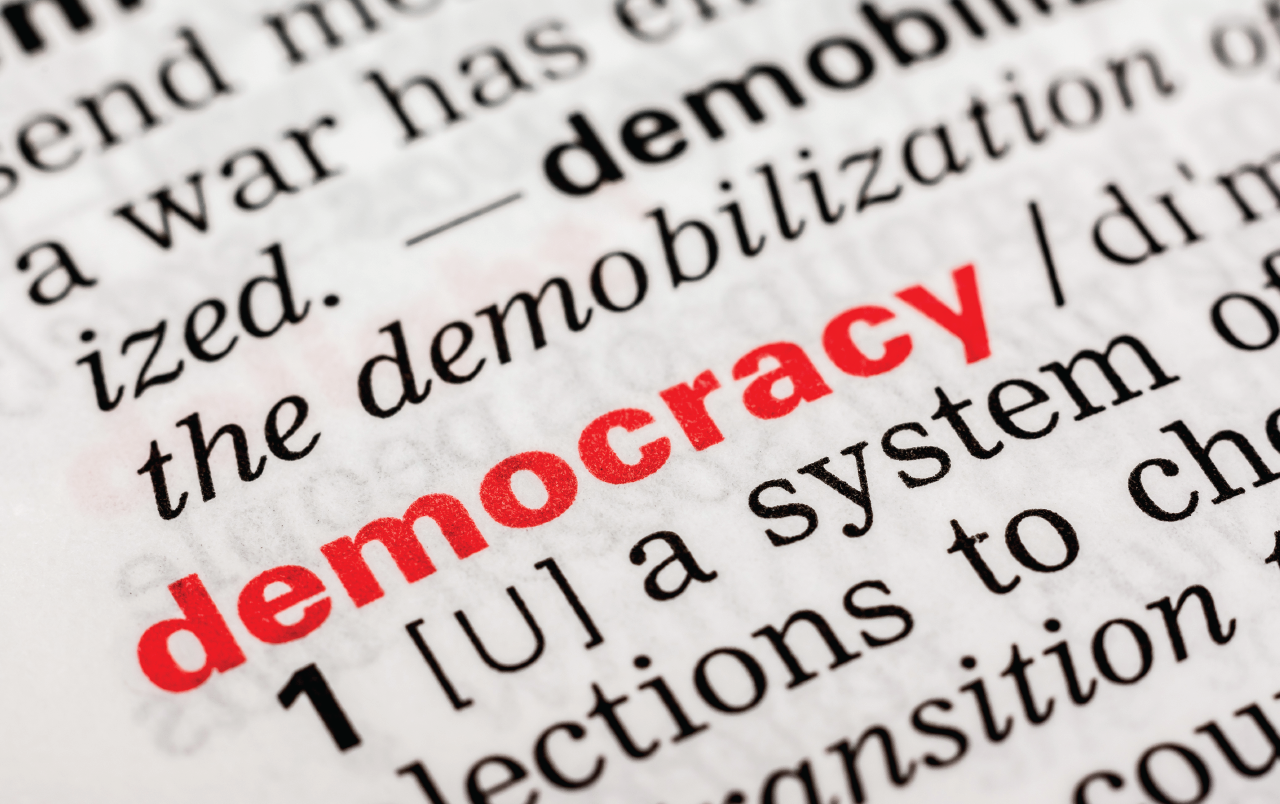Editorial
The people’s right to choose their representatives as a delegated trust is one of the critical aspects of the Objectives Resolution of 1949, which laid down the basic principles and goals for the future constitution of Pakistan. The Objectives Resolution affirmed the sovereignty of Allah as the supreme authority and source of all laws and delegated the power to the state through its people, who were to exercise it within the limits prescribed by Him. It means that the people of Pakistan have the right and responsibility to choose their representatives, who would act as their trustees and agents in governing the country according to the teachings and requirements of Islam. This concept is derived from the Quranic notion of shura (consultation), which implies that the affairs of Muslims should be decided by mutual consultation among themselves.
The Objectives Resolution also recognized the principles of democracy, freedom, equality, tolerance, and social justice, as enunciated by Islam, and promised to uphold them in the country’s governance. Thus, the people’s right to choose their representatives as a delegated trust is a way of ensuring that the state would be guided by the moral and ethical values of Islam and would not deviate from its divine purpose.
Please, subscribe to the website of republicpolicy.com
The people’s right to choose their representatives as a delegated trust has some advantages and challenges in the context of Pakistan. It ensures that the leaders are accountable to the people and can be removed or replaced if they fail to fulfill their trust or violate the limits prescribed by Allah. Furthermore, it promotes political participation and awareness among the people and encourages them to voice their opinions and interests in the public sphere. Similarly, it fosters a sense of unity and solidarity among the people, who share a common vision and identity based on their Islamic faith and culture. Again, it reflects Pakistani society’s diversity and pluralism, consisting of various ethnic, linguistic, religious, and sectarian groups.
There are also challenges in this regard. It requires a high level of education and awareness among the people, who need to be informed and critical about the issues and candidates that affect their lives.
It faces resistance and opposition from some quarters, especially from those who have vested interests in maintaining the status quo or imposing their own interpretation of Islam on others. It entails a constant struggle to balance the demands of democracy and the dictates of Islam, which may sometimes conflict with or contradict each other. It depends on the availability and reliability of free and fair elections, which may be influenced or manipulated by various factors such as corruption, violence, media bias, etc.
Therefore, people must exercise their rights to elect a government which exercises its powers as per the cannons of Islam.
Please, subscribe to the monthly magazines of republicpolicy.com

















